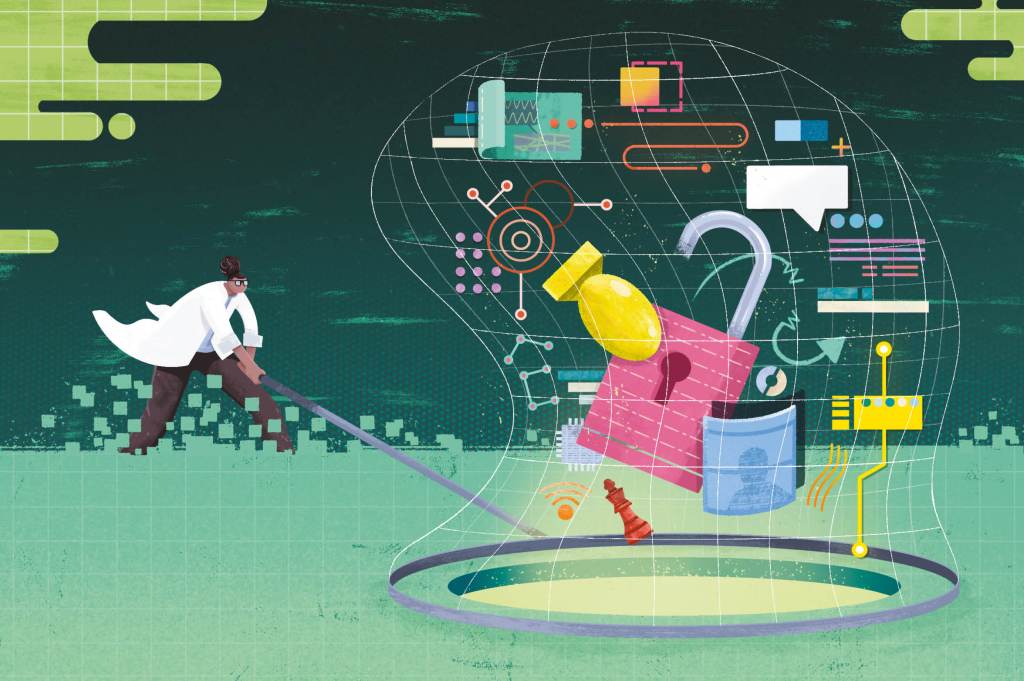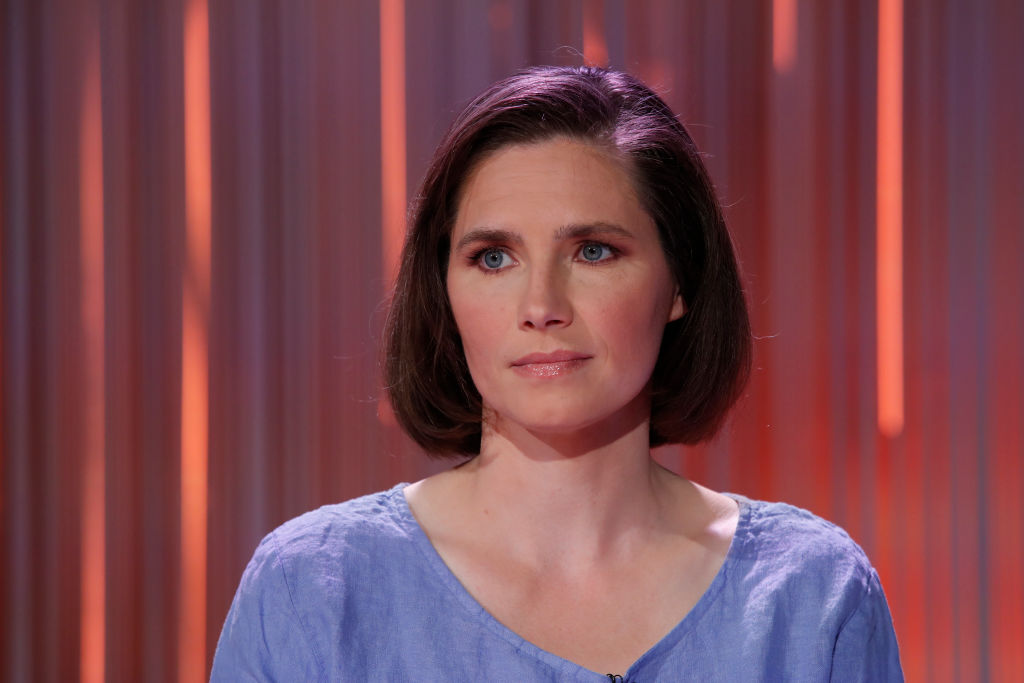Broken Arrow isn’t just the title of a mediocre 1996 film, but the term for a serious accident involving a nuclear weapon. Over the last seventy years, the United States has officially experienced thirty-two Broken Arrows, where a nuclear weapon has been in a crash or fire, accidentally been dropped — or just disappeared. Incredibly, six have been lost and never recovered.
Artificial intelligence (AI) pioneer Mustafa Suleyman tells one such story in his new book, The Coming Wave: Technology, Power and the 21st Century’s Greatest Dilemma. In 1961, a B-52 bomber carrying two live hydrogen bombs broke up in the skies above Goldsboro, North Carolina. One bomb disintegrated when it plunged into a muddy field. The other survived and had switched to armed with only one of its four anti-detonation mechanisms left in place.
For Suleyman, the Goldsboro incident, and the thirty-one other Broken Arrows, illustrate how hard it is to contain a technology — and how much that can depend on a hefty dose of pure good luck. What’s more, if humans have had only partial success at controlling the proliferation of a physical technology as expensive, industrialized and massive as nuclear, what chance will they have of stopping the spread of digital technology with all the benefits AI is supposed to offer?
“The coming wave” is also an apt description for this impressive book itself. Suleyman, with writer Michael Bhaskar, skillfully weaves together fantastic narratives about Hindu flood myths, the reasons why the printing press came so late to the Ottoman Empire and even an episode of The Simpsons — of course — to carry readers irresistibly into a discussion about AI that they might not otherwise have entertained. While its ebullient, almost upbeat tone can sometimes seem at odds with the dark themes it addresses, the book reflects Suleyman’s passion for what he does and his own uncertainty about the outcome.
He is formidably well qualified to confront “the 21st century’s great dilemma.” He was born a long way from Silicon Valley, in working-class north London. Dropping out of Oxford University, he became a social-justice campaigner, even working for the left-wing mayor of London Ken Livingstone. He went on to co-found DeepMind, the British AI company since acquired by Google, because he wanted “to create a system that could imitate and then eventually outperform all human cognitive abilities, from vision and speech to planning and imagination, and ultimately empathy and creativity.” The reason he gives for being willing to take this risk is to help humanity overcome challenges from “climate change to aging populations to sustainable food.”
As Suleyman outlines in his book, the steps DeepMind has made towards this goal are extraordinary. The ancient East Asian game of Go is far more complex than chess, and it should have taken decades for a computer program to beat a human Go champion. In 2016 DeepMind’s AlphaGo algorithm beat world Go champion Lee Sedol four games to one — so, a sliver of hope for humanity there.
Suleyman worked with Google to address the ethics of AI, and is now the CEO and co-founder of Inflection AI. He writes in The Coming Wave that waves of technology and innovation are at the center of his understanding of our species’ past and its future and explains why he believes containment of AI will be so difficult to achieve, but why it is so important to try — although his waves sound more like tsunamis.
To the DeepMind co-founder, a wave is a set of technologies that come together around the same time, powered by one or more general-purpose technologies that will fundamentally shape — even shake — human society, because “proliferation is the default.”
Each wave follows a “single, seemingly immutable law”: that the technology gets “cheaper and easier to use, and ultimately it proliferates far and wide,” finally becoming invisible, part of the background to our lives. And it is these waves that humans have rid- den to become the dominant species on the planet, so much so that we are in a symbiotic relationship with our technology — Homo technologicus, Suleyman calls us.
Suleyman refuses to get distracted by the “esoteric questions from otherwise intelligent people” about conscious superintelligent AI when the stakes are already so high. For him, artificial intelligence, the latest general-purpose technology, will combine with other no less scary technologies, such as synthetic biology or robotics, to “usher in a new dawn for humanity, creating wealth and surplus unlike anything ever seen. And yet their rapid proliferation also threatens to empower a diverse array of bad actors to unleash disruption, instability and even catastrophe on an unimaginable scale.” A terrorist could use these technologies to engineer a killer virus that could “cause more than a billion deaths in a matter of months.” Technotopia and dystopia are never far apart in The Coming Wave.
Suleyman titles his penultimate chapter, hopefully one hopes, “Containment Must Be Possible.” His suggestions about how “containment” of AI is to be effected seem a bit anticlimactic after the compelling preceding chapters. However, he includes sensible, practical solutions: checking that the data AI uses to learn from is not biased; ensuring transparency through opening up AI systems to external scrutiny; creating government regulation and, more dramatically, using choke points to slow the pace of AI development — the US, for example, is now restricting China’s supply of advanced computer chips — and social protest.
It is inevitable that in a book on such an epic scale some questions will not be fully answered. First it would be fascinating to know the deeper motivations for Mustafa Suleyman’s drive to create an AI that will outperform humanity, how it connects to his past and how he feels about what he has created — Oppenheimer famously opposed the creation of the H-bomb.
Then there are questions regarding exactly how AI will address such problems as climate change, food shortages or aging populations. The old joke that AI will solve these by eliminating all humans goes unremarked upon. Finally, The Second Wave is written from a Western point of view. How does AI look to Chinese scientists?
All the same, The Coming Wave is a rousing call-to-arms for humanity. It’s time we heard the call.
This article was originally published in The Spectator’s November 2023 World edition.


























Leave a Reply